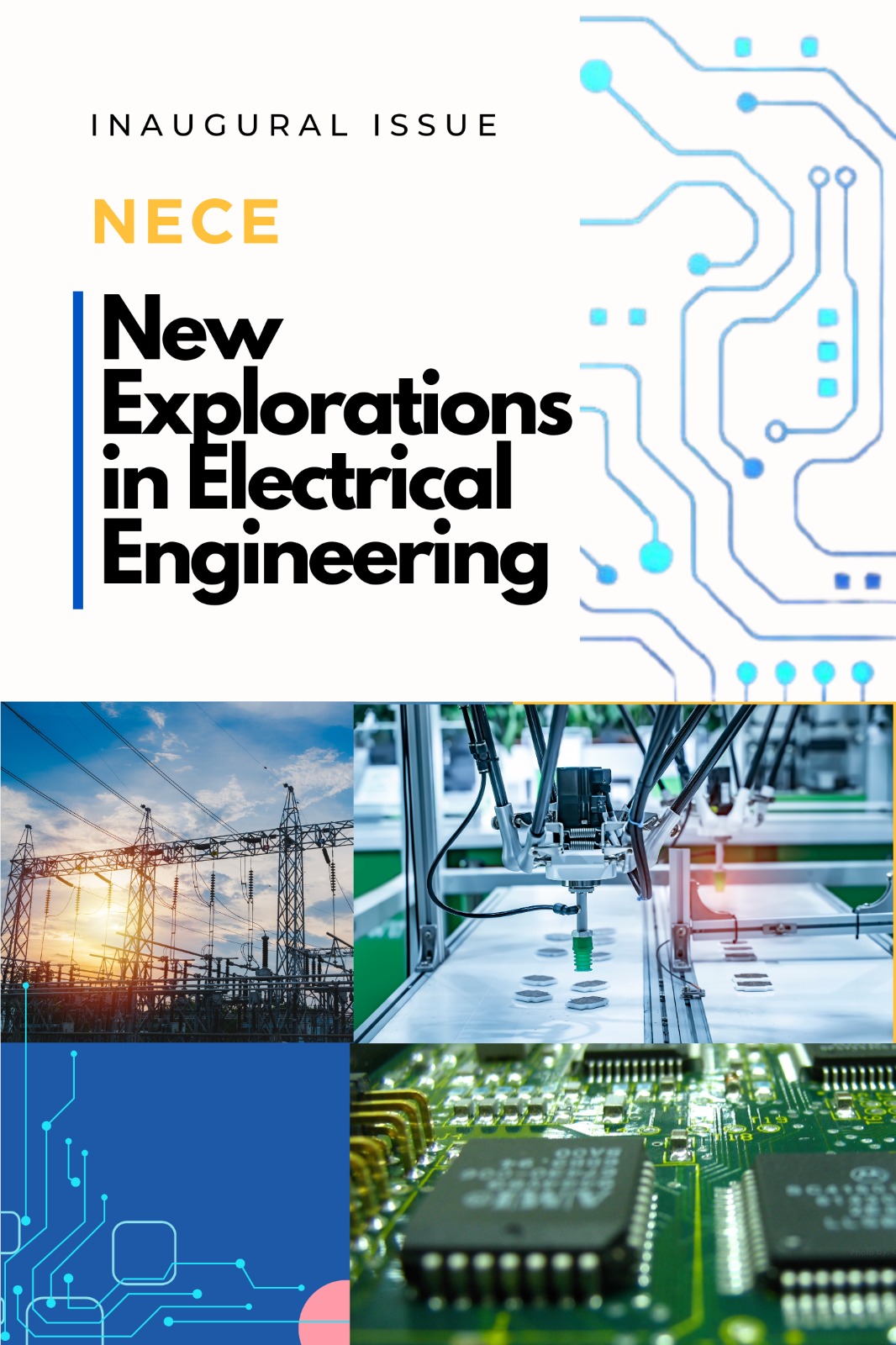An Improvised GPS Navigational Application to Reduce Abstractness by using Artificial Intelligence
DOI:
https://doi.org/10.22452/nece.vol1no1.5Keywords:
GPS; Navigation systems; NLP; Speech recognition; Fine-tuning LLMs.Abstract
This article addresses the confusion caused by existing GPS systems, which often rely on complex schematic arrows, leading to missed junctions and heightened accident risks. A survey of 150 drivers revealed that 62% lost time due to navigation issues, 80% frequently missed junctions, and over 70% needed additional assistance. Furthermore, the literature suggested that current GPS systems place a significant cognitive burden on drivers, impairing their ability to make timely decisions. These findings highlighted the need for a more intuitive navigation system. To tackle this issue, the article proposes an AI-based voice navigation system, using speech recognition, natural language processing, and Large Language Models (LLMs) to minimize cognitive load and enhance driver safety. Testing against specific metrics derived from driver feedback suggests that the solution can reduce confusion and abstractness of the GPS systems to a certain extent. However, road tests have not been conducted. The project’s outcome underscores the importance of improved navigation aids to reduce driver distraction, enhance road safety, and prevent missed junctions, ultimately improving the overall driving experience.
Downloads
Downloads
Published
How to Cite
Issue
Section
License
Copyright (c) 2025 New Explorations in Electrical Engineering

This work is licensed under a Creative Commons Attribution-ShareAlike 4.0 International License.






